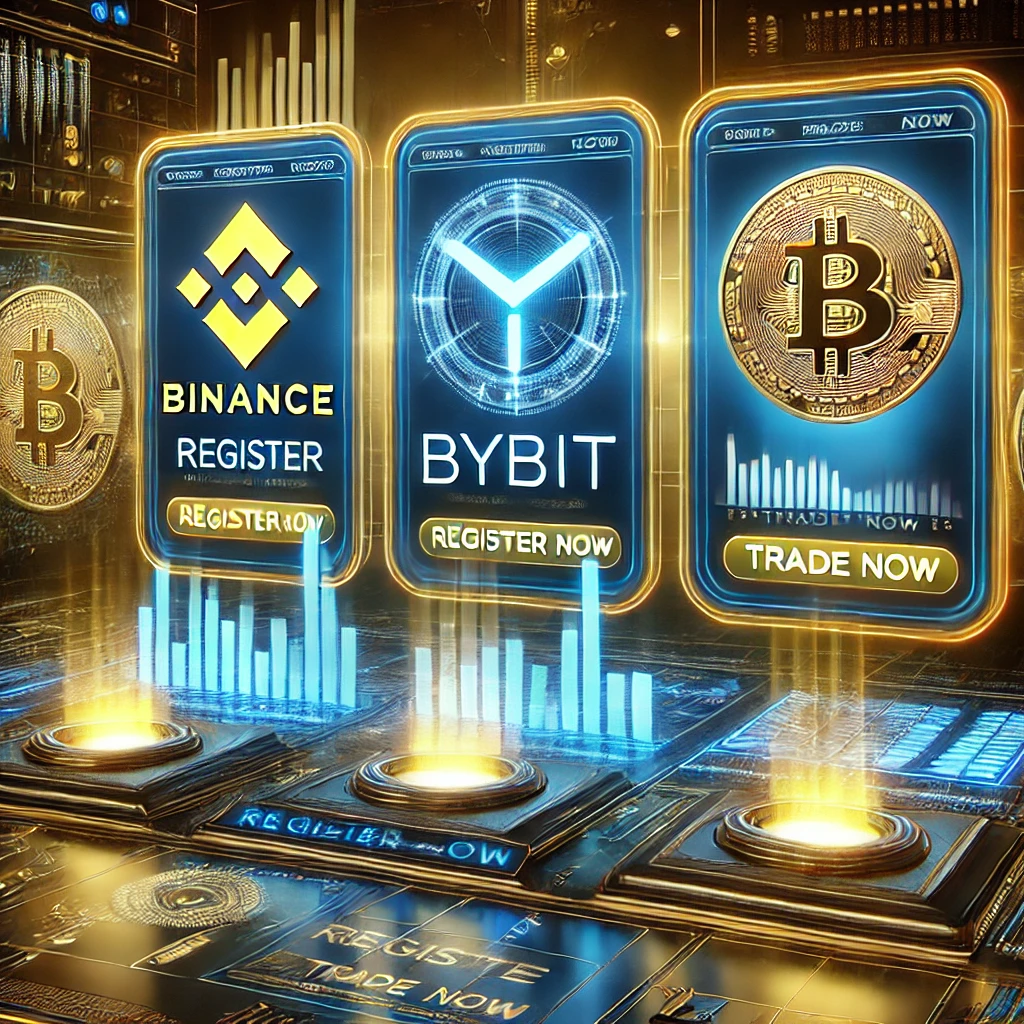Is Solana Too Centralized? An Analysis of Validators and Tokenomics
Decentralization is one of the fundamental principles of blockchain technology, promoting transparency, security, and resilience against censorship. However, there are ongoing discussions regarding the level of decentralization within the Solana ecosystem. In this analysis, we’ll examine the role of validators and the tokenomics of Solana to assess whether the network is overly centralized.
1. Validators in the Solana Network
Validators are nodes in the Solana network responsible for processing transactions and maintaining the blockchain. They play a crucial role in securing the network and validating new blocks. Here’s a look at the current state of validators in Solana:
- Number of Validators: Solana has a relatively large number of validators compared to some other blockchains. As of now, there are over 1,000 active validators. This diversity helps promote decentralization, but the distribution of stake among validators is a critical factor.
- Stake Distribution: The distribution of staked tokens among validators is essential for assessing centralization. If a few validators control a significant portion of the total stake, it could lead to centralization risks. In Solana’s case, a small number of validators have attracted a large share of the network’s staked SOL tokens, raising concerns about potential centralization.
- Validator Performance: Some validators are more established and have better infrastructure, leading to higher performance and reliability. This can create a positive feedback loop, where users prefer to delegate their stake to well-performing validators, further concentrating the stake among a few entities.
2. Tokenomics of Solana
Solana’s tokenomics play a vital role in its overall structure and decentralization. Here are some key aspects:
- Initial Distribution: The initial distribution of SOL tokens was designed to incentivize various stakeholders, including early investors, the Solana team, and the community. However, the allocation of tokens can influence the degree of decentralization. If a significant portion of tokens is held by a few addresses, it may lead to centralized decision-making.
- Staking Mechanism: Solana employs a proof-of-stake (PoS) consensus mechanism, allowing users to stake their SOL tokens to participate in the network. Staking is essential for securing the network and validating transactions. While this mechanism encourages decentralization by enabling more participants to become validators, the concentration of staked tokens can still lead to centralization if a few validators dominate the staking process.
- Inflation and Rewards: Solana has a built-in inflation mechanism that rewards validators and stakers with newly minted SOL tokens. This incentive structure aims to encourage more users to participate in staking and running validators. However, if inflation disproportionately benefits a small number of validators, it may further entrench their position within the network.
Conclusion
While Solana boasts a significant number of validators, the concentration of stake among a few entities raises concerns about potential centralization. The network’s tokenomics, including initial distribution and staking rewards, play a crucial role in shaping its decentralization dynamics.
To ensure a more decentralized future, it’s essential for the Solana community to continue promoting diverse validator participation and to implement mechanisms that distribute stake more evenly among validators. As the ecosystem evolves, ongoing discussions and initiatives will be vital in addressing these concerns.
For those looking to engage with the Solana ecosystem and explore its various applications, setting up a Phantom Wallet is a great starting point. Additionally, if you’re interested in trading cryptocurrencies, consider signing up on Binance or Exness for a reliable trading experience. Join the exciting world of crypto today!

